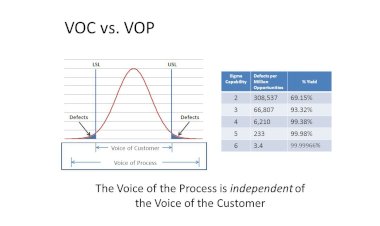Basic Principals of Project Management
Learn the essential skills and techniques to become a successful project manager. Discover the power of project management and how it can transform your career.

Mastering the Art of Project Management: A Comprehensive Guide
Project management is the discipline of initiating, planning, executing, monitoring, controlling, and closing projects. It involves managing a project's timeline, budget, and scope to achieve specific goals.
Key Project Management Skills
- Initiating: Defining the project, identifying stakeholders, and developing a project charter.
- Planning: Creating a detailed project plan, including work breakdown structures, timelines, and resource allocation.
- Executing: Assigning tasks, managing resources, and monitoring progress.
- Monitoring and Controlling: Tracking project performance, identifying risks, and taking corrective actions.
- Closing: Finalizing the project, evaluating its success, and documenting lessons learned.
Proven Techniques and Strategies
To successfully manage projects, project managers employ various techniques and strategies:
- Work Breakdown Structure (WBS): Breaking down project deliverables into smaller, manageable tasks.
- Gantt Charts: Visualizing project timelines and dependencies.
- Critical Path Method (CPM): Identifying the critical path, which is the sequence of activities that directly impact the project's overall duration.
- Program Evaluation and Review Technique (PERT): Estimating project durations using probabilistic techniques.
- Risk Management: Identifying, assessing, and mitigating project risks.
- Quality Management: Implementing quality control measures to ensure project outcomes meet standards.
- Change Management: Effectively managing changes to project scope, schedule, or budget.
The Benefits of Effective Project Management
- Increased Efficiency: Optimized resource allocation and streamlined processes.
- Reduced Costs: Minimized waste and rework.
- Improved Quality: Enhanced product and service quality.
- Enhanced Stakeholder Satisfaction: Meeting or exceeding stakeholder expectations.
- Competitive Advantage: Faster time-to-market and innovative solutions.
By mastering these techniques and strategies, project managers can deliver successful projects that drive organizational growth and innovation.

 Pranay Kumar
Pranay Kumar 































Comments (0)
Facebook Comments